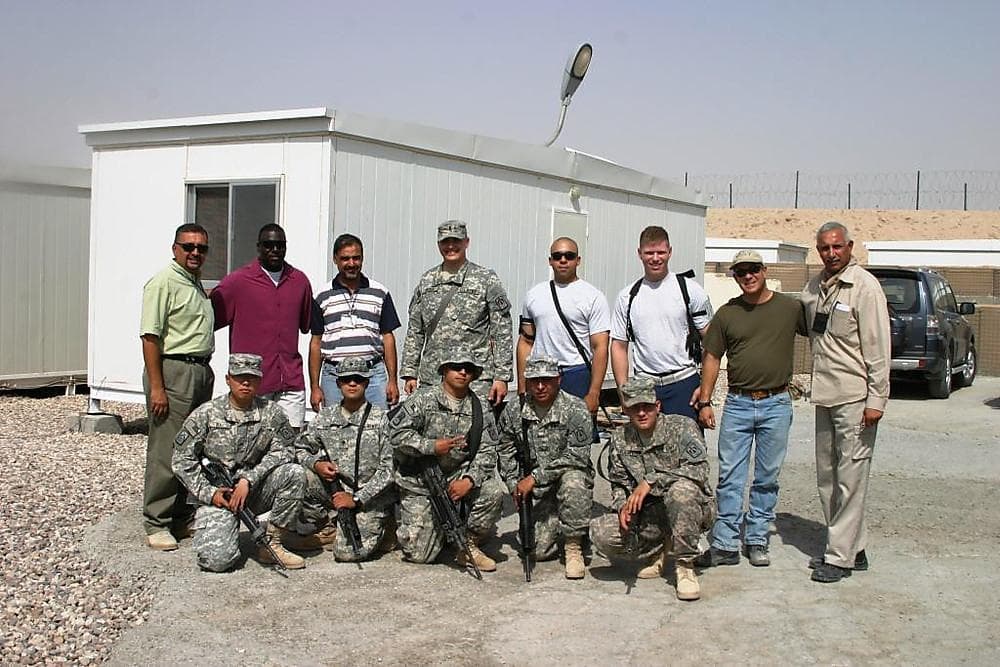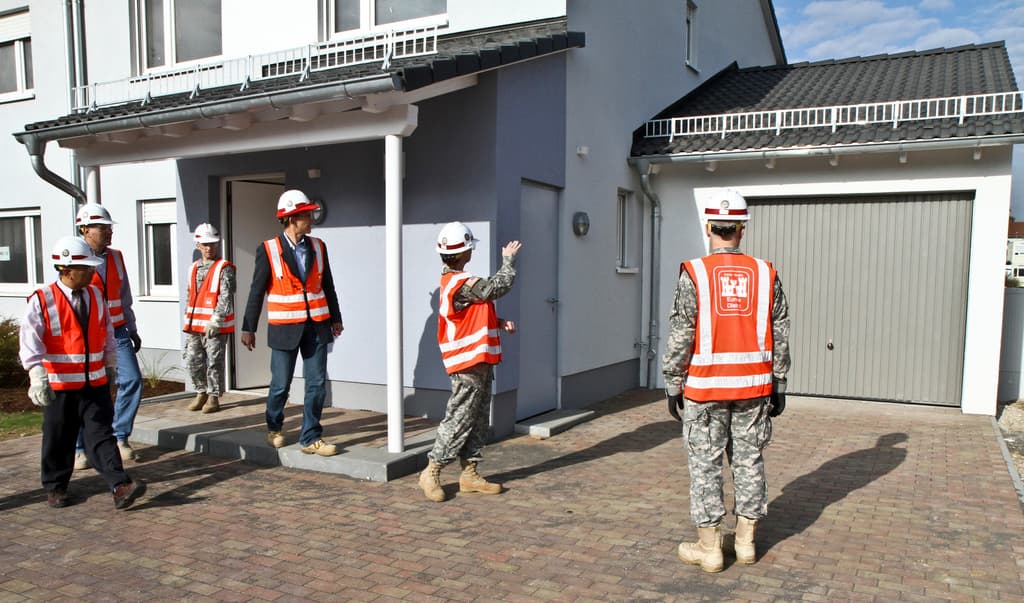The Army Corps of Engineers (USACE) has a history of both military and civil work. USACE research commands cover everything from exploring and mapping the west to building lighthouses to battling floods. The Civil Works division manages Congress-authorized projects such as navigation, flood and storm damage protection, and aquatic ecosystem restoration. They also operate USACE reservoirs for recreation, hydroelectric power, and water supply.
What is the Army Corps of Engineers?
Army Corps of Engineers professionals use skills honed on military and civilian projects to address national, state, regional, local, and international challenges. This work ranges from addressing safety issues on the nation’s waterways, canals, and dams to environmental protection, disaster response, hydroelectric power, and much more.
The Corps’ roots go back to combat engineering – work that directly supports the military effort, as seen in their motto, essayons, which means “let us try.” They are well known for building roads, airports, railways, and ports around the world. The Pentagon, in fact, was built by Army engineers. The Corps has also played a critical role in peacetime, rebuilding and establishing infrastructure in countries like Iraq and Afghanistan.
A key responsibility is to upkeep America’s waterways so engineers can safely and efficiently move cargo. Using equipment like the Philadelphia District’s hopper dredge McFarland, they make sure roughly 25,000 miles of inland waterways are navigable for commercial transport.
In wartime, the Corps supports the military by building and maintaining infrastructure to train, deploy, and sustain troops and research and development facilities. USACE is also responsible for disaster planning and relief. When a natural or man-made disaster occurs, the Corps can quickly and cost-effectively deliver engineering support to the affected areas. The Corps can even send teams called Forward Engineer Support Teams (FEST) to assist in battle zones.

Army Corps of Engineers Salary
The average salary for a Army Corps of Engineers job at the US Army is $68,947 per year. However, the range can vary significantly depending on location and years of experience. The highest paying jobs at the Army Corps of Engineers are the company commander, non-commissioned officer, and platoon sergeant. The lowest paying jobs are crew members and infantryman.
A career as a Army Corps of Engineers can be very rewarding but also very physically demanding. In addition to the basic pay, service members receive allowances for housing and subsistence.
Is Army Corp of Engineers a Federal Job?
The Army Corps of Engineers is a part of the federal government and provides a variety of services to the public. These services include waterways, dams, canals, environmental protection, flood control, and disaster relief. USACE employees are responsible for a wide range of projects in the United States and worldwide. The work of the Army Corps of Engineers has changed over the years to reflect the needs and priorities of the country.
The organization is made up of civilian employees and military personnel. The civil workforce includes professional engineers, biologists, and archaeologists. The military workforce is comprised of enlisted members of the Armed Forces and officers. The Army Corps of Engineers is headquartered in Washington, DC. The agency is divided into eight permanent and one provisional division, each overseeing several districts.
There are two ways to apply for a job with the Army Corps of Engineers. One is to use the federal government’s job Web site, USAJOBS. The other is to contact a local career center and ask about opportunities. USACE also has internship and cooperative education programs. Students who complete these programs can often get a job with the Corps after graduation.
The Army Corps of Engineers has been involved in many natural disaster relief missions over the years. In addition, the agency has responded to terrorist attacks and other emergencies at home and abroad.
